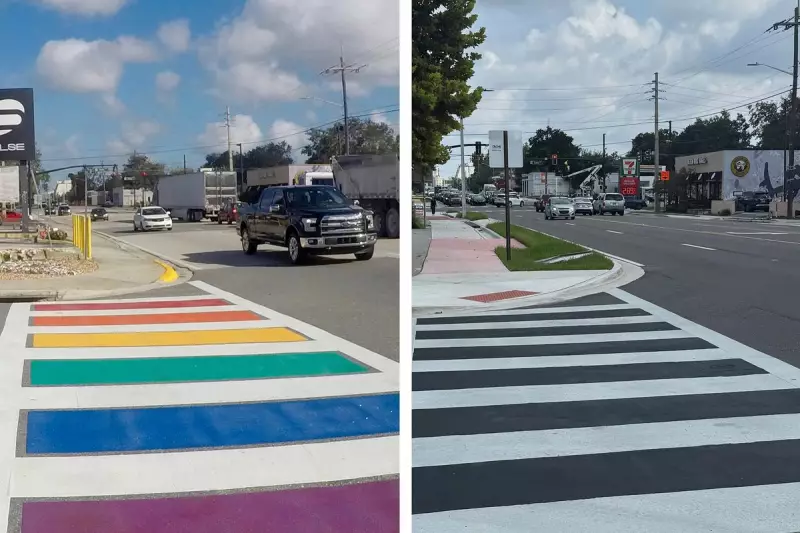
Florida Governor Ron DeSantis has ignited a firestorm of criticism after making contentious remarks about his proximity to the 2016 Pulse nightclub shooting in Orlando, a tragic event that stands as the deadliest attack on the LGBTQ community in US history.
During a campaign speech, the Republican presidential candidate asserted he was in the "vicinity" of the tragedy when it unfolded. This claim has been met with immediate scepticism and anger from survivors, victims' families, and political opponents, who have accused him of attempting to co-opt a national tragedy for political gain.
A History of Contradictions and Controversy
DeSantis's recent statement starkly contrasts with his public record. At the time of the shooting, he was a US Congressman, and his official social media accounts and public comments from 2016 made no mention of being near Orlando. Instead, they focused on broader national security concerns.
Critics were quick to pounce on the discrepancy. State Representative Anna Eskamani, whose district includes the Pulse site, called the claim "offensive" and a "rewrite of history." She emphasised that the community's memory of who was present and who offered support in the immediate aftermath remains vivid and unforgiving.
Policy Record Under Scrutiny
The governor's comments have also drawn attention to his legislative history concerning the LGBTQ community. DeSantis has been a staunch supporter of what critics label as anti-LGBTQ laws, most notably the controversial 'Don't Say Gay' bill, which limits classroom discussion on sexual orientation and gender identity.
This record has led many to accuse him of hypocrisy. "You don't get to inflate your connection to a tragedy that targeted a community your policies constantly vilify," said a spokesperson for a prominent LGBTQ advocacy group.
A Pattern of Disputed Claims
This incident is not isolated. DeSantis has previously faced scrutiny over other claimed personal connections to significant events. He has also stated he was "on the scene" following a devastating condominium collapse in Surfside, Florida, a claim that was later nuanced by his team to mean he visited the site later that day after the initial rescue efforts began.
Political analysts suggest this pattern of aligning himself with crises forms a part of a broader strategy to bolster his image as a strong, involved leader on the national stage, especially as he trails in Republican primary polls behind former President Donald Trump.
The backlash serves as a potent reminder of the intense scrutiny presidential candidates face, where every claim is dissected and where the politics of tragedy remain a highly sensitive and volatile issue.





